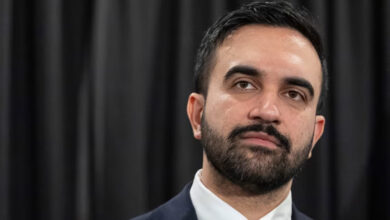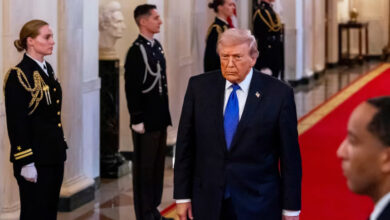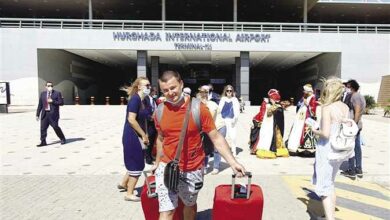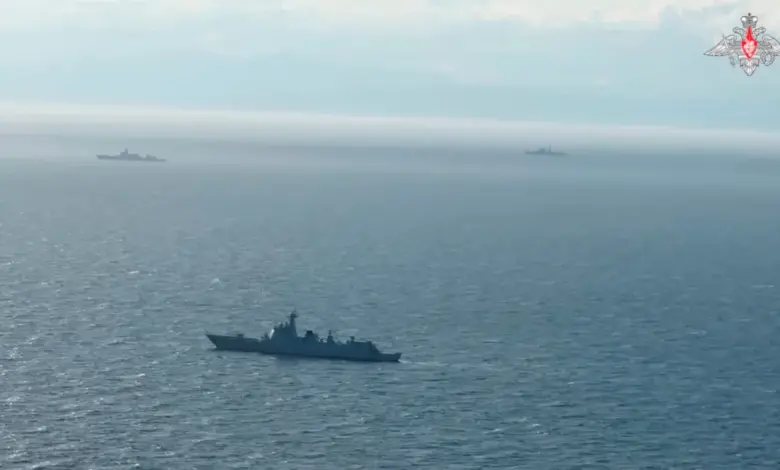
The two countries have “common views, a common assessment of the situation, and a common understanding of what we need to do together,” defense chief Andrey Belousov told Zhang Youxia, vice chairman of China’s Central Military Commission, according to Russian state media Tass.
Their task is to “strengthen and develop” their strategic partnership, the Russian defense chief added.
The visit has been cited by Russian state media as Belousov’s first to China since his appointment in May and comes days ahead of an expected visit by Chinese leader Xi Jinping to Russia.
Russia and China have been bolstering their security coordination in the face of shared frictions with the West. That’s included ramping up joint military drills in recent months – part of what experts say is an effort to signal to Washington that, while the two are not allies, neither stands alone.
During Tuesday’s meeting, Zhang repeated rhetoric voiced by Xi and Russian President Vladimir Putin, calling for the two militaries to “deepen and expand military-to-military relations, safeguard their respective national sovereignty, security and development interests, and jointly safeguard international and regional peace and stability,” according to a readout from China’s Defense Ministry.
Belousov also held talks a day earlier with Chinese Defense Minister Dong Jun, who ranks below Zhang in China’s military hierarchy.
The Russian defense chief’s trip comes ahead of an expected visit by Chinese leader Xi Jinping to Kazan, Russia next week for a summit of BRICS, an economic grouping Moscow and Beijing see as their answer to the US-backed Group of Seven (G7).
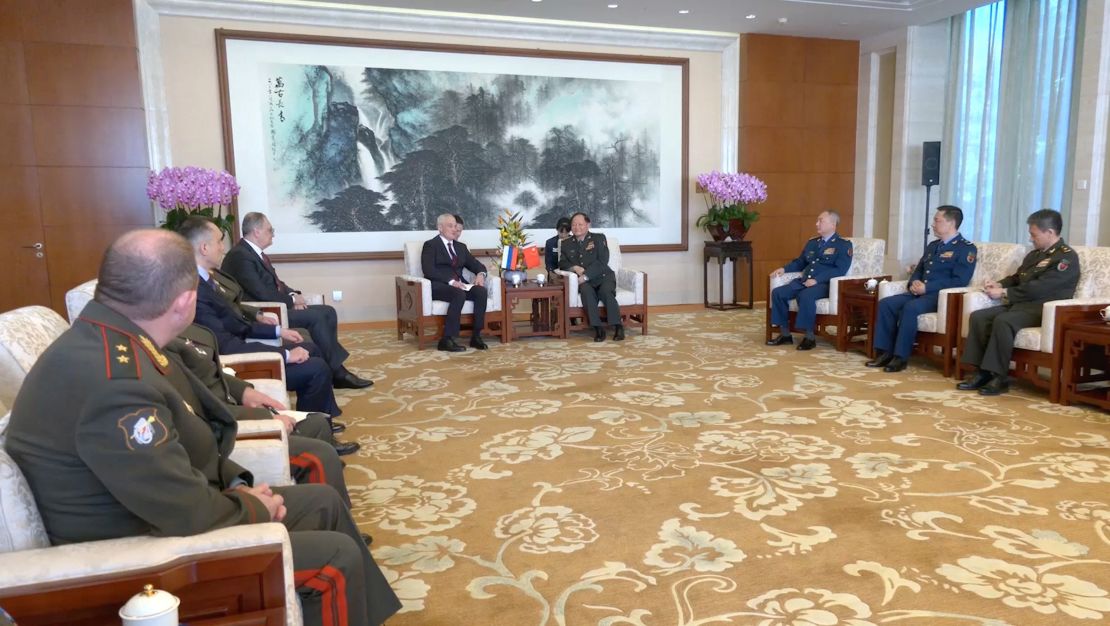
China’s Ministry of Foreign Affairs has not confirmed Xi’s travel plans, but the Kremlin last month quoted Chinese Foreign Minister Wang Yi as confirming the leader’s attendance. The trip would be Xi’s second to Russia since Putin’s February 2022 invasion of Ukraine and the fifth face-to-face with Putin in the same period.
Regular high-level diplomacy and increased security coordination between China and Russia have come under close scrutiny from the US and its allies, who have accused Beijing of enabling Russia’s war through the provision of dual-use goods like machine tools and microelectronics.
Joint patrols
Beijing has defended what it calls its “normal trade” with Russia and claims neutrality in the conflict. The two countries reached record levels of trade last year as China emerged as a key economic lifeline for Russia, which is strapped by war-related international sanctions.
In recent weeks, Chinese and Russian coast guards conducted what Beijing described as their first joint patrol in the Arctic Ocean, while their navies separately practiced anti-submarine warfare in the northwestern Pacific Ocean, Russian state media said.
The patrol followed a raft of joint exercises over the summer, including near Alaska – where US and Canadian forces intercepted Russian and Chinese bombers together for the first time – and in the South China Sea, a vital waterway claimed almost entirely by Beijing in which geopolitical tensions are rapidly rising.
Belousov’s arrival in Beijing Monday coincided with China’s military flying a record number of fighter jets and other warplanes around Taiwan during large-scale military drills.
China said the drills were intended as a “stern warning” to what it described as pro-independence forces in Taiwan. The drills came days after the island’s new president, Lai Ching-te, gave a speech vowing to protect Taiwan’s sovereignty in the face of challenges from Beijing, which claims the self-ruling democracy as its own.

